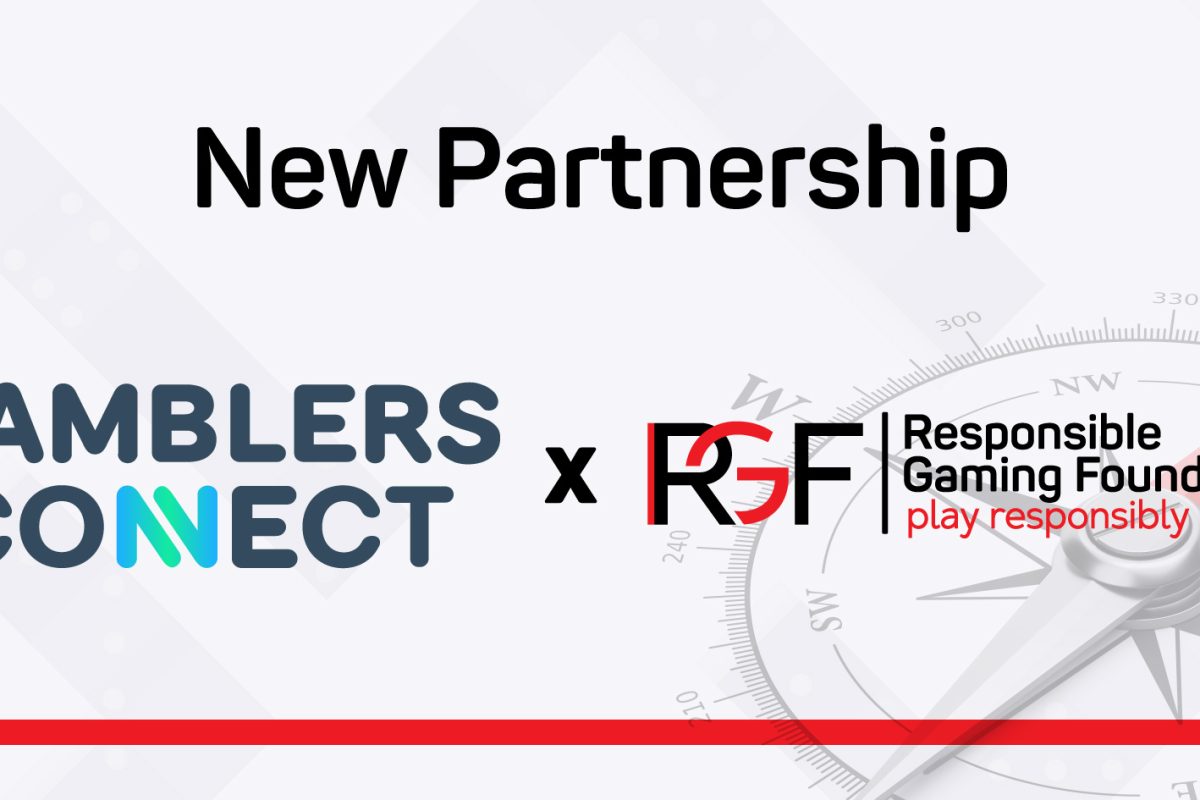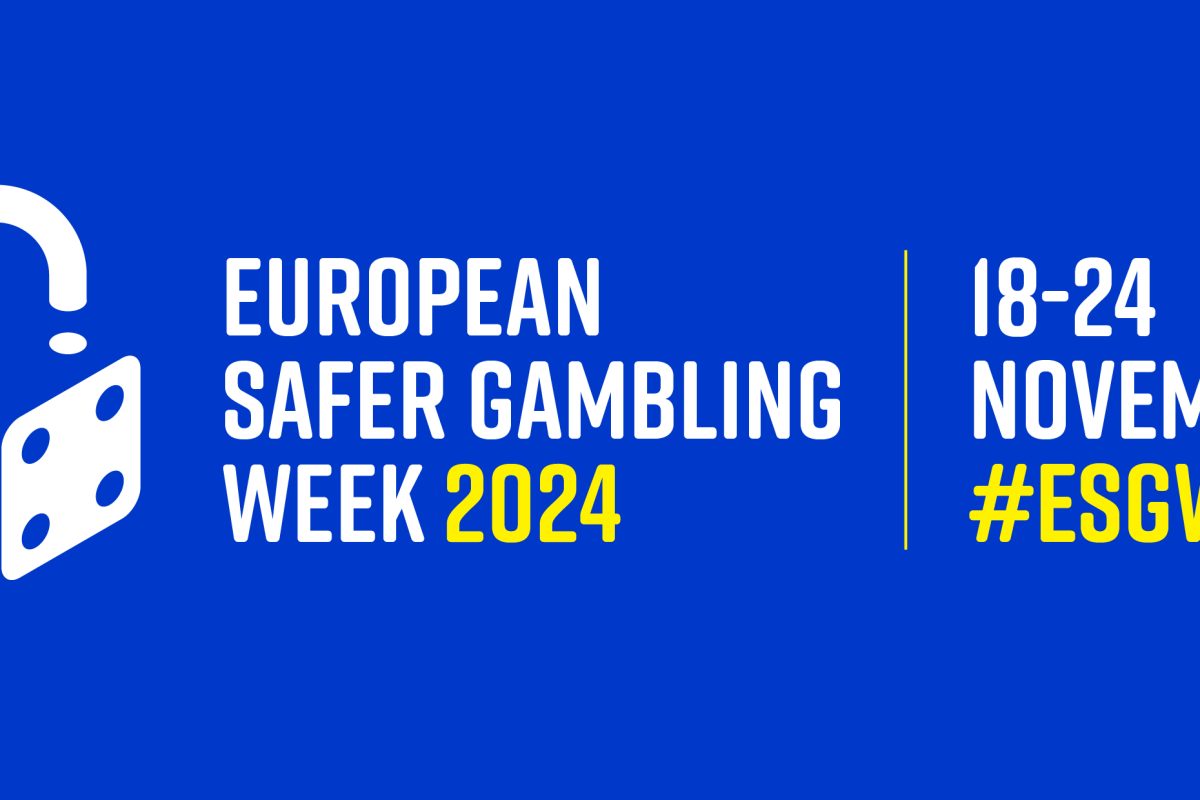On February 5, 2025, the European Parliament held a discussion dedicated to the protection of minors in the digital gambling environment. The event was organized by The European Lotteries (EL) and brought together European politicians, experts, and industry representatives united by a common goal — creating a safer online space for young people across the European Union.
The main topic of the meeting was the growing need for stricter and universally recognized digital safeguards throughout the EU. Member of the European Parliament Tomislav Sokol (EPP, Croatia) expressed his support for the initiative, emphasizing the dual nature of digital technologies — while they offer benefits, they also expose young people to serious risks such as addictive design elements, harmful content, and exploitative online practices.
“Future EU policies are key to ensuring the safety of minors in the digital environment,” Sokol stated, adding that the Parliament’s upcoming own-initiative report on the protection of minors online will be an important tool in this process.
Bogdan Andrzej Zdrojewski (EPP, Poland), Vice-Chair of the Committee on Culture and Education, highlighted the institutions’ commitment to enforcing stricter safety measures. “We are fully committed to ensuring the safety of young people and believe that strict age verification and responsible marketing are key tools for effectively protecting minors,” he stated.
Among the regulatory tools discussed were the Digital Services Act (DSA), which strengthens platform accountability, and the upcoming Digital Fairness Act (DFA), aimed at combating addictive algorithms and dark design patterns.
Additionally, experts called for increasing educational campaigns and developing innovative technological solutions specifically designed to protect minors from gambling and its associated risks.





